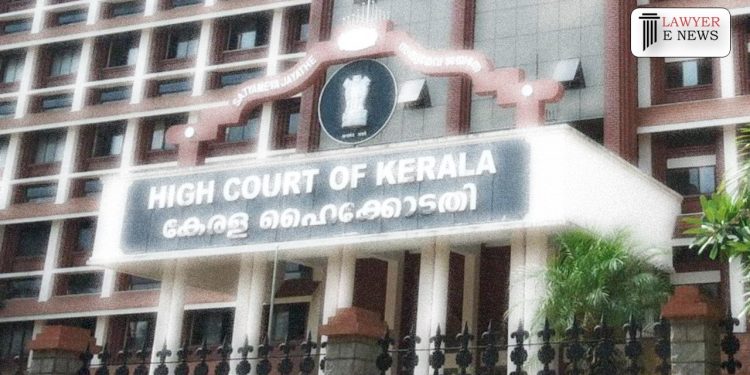Unregistered Power of Attorney Ineffective for Property Partition: Kerala High Court

In a landmark ruling that clarifies the legal standing of unregistered power of attorney in property disputes, the Kerala High Court has decreed its inapplicability in partition suits. The Honorable Mr. Justice Sathish Ninan’s judgment in the cases RFA Nos. 217 and 462 of 2011 sets a precedent in property law, emphasizing the necessity of challenging or setting aside such documents in property partition cases.
The court’s decision revolved around the legitimacy of an unregistered power of attorney and its impact on property partition. The core legal question was whether the plaintiffs could seek partition of the property without challenging the documents (power of attorney and subsequent sale deed) that ostensibly conveyed their rights.
The dispute involved partition of properties, purportedly belonging to Rama Kaimal and Nandini Kunjamma, among their legal heirs. The appellants, Vikrama Kaimal (RFA 217/2011) and defendants 8 & 12 (RFA 462/2011), challenged the trial court’s decree for partition. Key contentions included the incorrect property description and the existence of an unregistered power of attorney (Ext.B10), followed by a sale deed (No. 734/1999), which allegedly transferred the property rights.
Plaint ‘A’ Schedule Property: The court found that the property was conveyed using an unregistered power of attorney (Ext.B10) followed by a sale deed. Justice Ninan ruled that in the presence of such documents, a mere suit for partition could not be decreed without these documents being legally challenged or set aside.
Plaint ‘B’ Schedule Property: The court negated the contention regarding the non-existence of this property, affirming its availability for partition. The trial court’s approach to proportionate reduction in the event of a deficit in total extent was upheld.
On Power of Attorney: The court clarified that an unregistered power of attorney could not be discarded based on Sections 32 and 33 of the Registration Act, as it pertains to the presentation of the document for registration, not the actual execution.
For Plaint ‘A’ Schedule: The appeal (RFA 462/2011) was allowed, setting aside the trial court’s decree regarding this property. It was held that this property was not available for partition.
For Plaint ‘B’ Schedule: The trial court’s judgment was upheld, dismissing RFA 217/2011. This property was deemed available for partition.
Date of Decision: 12th February 2024
Vikrama Kaimal VS Vasumathikunjamma and others





